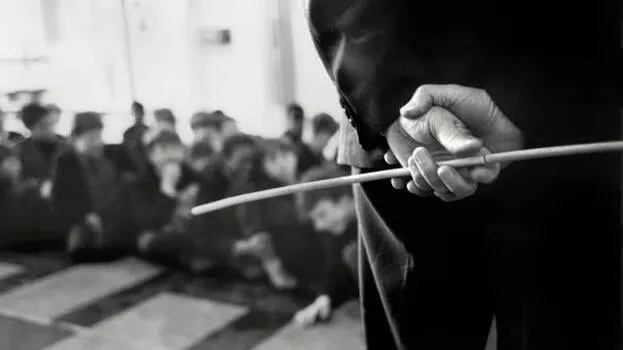

The majority of the people living in our country today are an older generation who grew up receiving severe corporal punishment from teachers and parents. The ones who usually gave more corporal punishment in school were the math teachers. There are not many who are good at math just because they got caned. Moreover, these canings have actually caused them to view math with more fear and to lag behind in that subject. No child will necessarily learn more and become better just because a teacher spanks them. It does not mean that children will become worse just because they are not punished. Interactions in the family and teaching field have changed over time. In the past, the head of the household was a very serious character. Most of today's children interact with their parents with great freedom and love.
This does not mean that incidents and cases of brutal beating of children have completely disappeared. However, they have all been reduced to isolated incidents. This is an era where the idea that children, especially young children, should not be caned in general is deeply rooted. In some developed foreign countries, parents who speak harshly to children may even face imprisonment. Such actions reflect the importance and care such countries give to their children. The High Court's ruling that teachers have no right to punish children is a clear indication that our country is also moving in that direction. At the same time, the court has also pointed out that minor punishments cannot be seen as a criminal offence.
In his order, High Court Justice C Jayachandran said that teachers have no right to corporal punishment of children and that it is not acceptable to agree that children will become bad if they are not caned. The High Court order quashed the case registered at Kodungallur police station against a teacher for caning a six-year-old girl for not paying attention in class, and the case registered at Sulthan Bathery station against a teacher for caning a nine-year-old student for not doing well in dictation. However, the court has pointed out that the case registered against a teacher temporarily assigned to teach dance for the school annual day in Paravur, Ernakulam for hitting a nine-year-old girl with a PVC pipe cannot be quashed. It has been directed to file a new charge sheet in this case.
The government's position was that caning is a crime under Section 75 of the Juvenile Justice Act. However, the court said that this section of the Juvenile Justice Act does not apply to schools and teachers. The teachers' objective in this regard must also be considered. Such acts cannot be called unnecessary and cannot be considered legally wrong if it is not inappropriate and without malicious intent. However, the court pointed out that it is impossible not to consider serious injury or fatal harm to a child as a criminal offence. Teachers must also change with the changing times. The prejudice that a child will obey only if caned is from the past. Children of those days were accustomed to being caned at home. Today's children do not have that. Therefore, caning at the wrong time will create severe mental stress and distress in them. There are innovative and creative ways to teach without corporal punishment. Teachers should pay attention to mastering it.